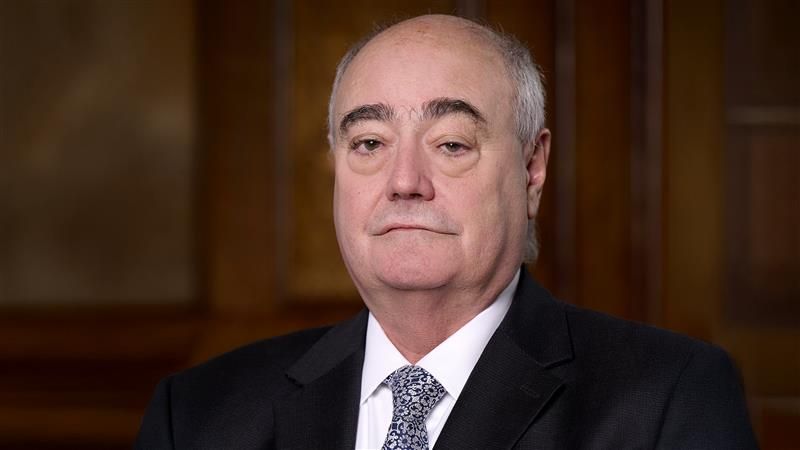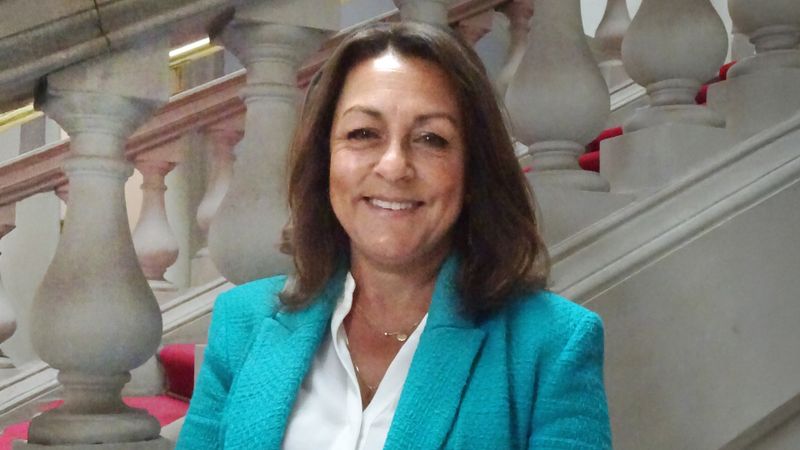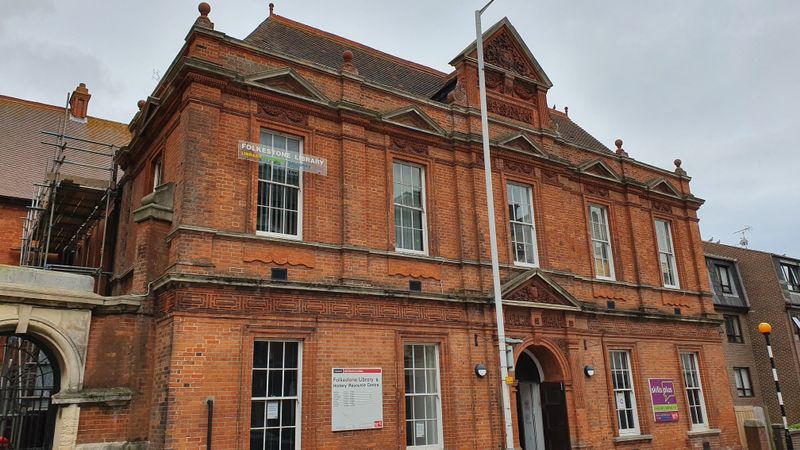That’s the stark finding of a survey by the County Councils’ Network which shows the majority (four out of five) of the 32 authorities who responded from its 37-strong membership across the country are in a worse position than before the Chancellor’s Budget and Local Government Finance Settlement.
As a result, they are now more likely to reduce a host of vital services this year, including adult social care, school transport and libraries.
Councils say they have been hit by the knock-on effect of the changes to the National Living Wage and National Insurance contributions to costs in the care sector, and Government proposals to focus funding on major towns and cities in the Midlands and the North at the expense of county and rural areas.
Every single council, including KCC, said Government does not properly recognise demand and service pressures nor adequately fund the rapidly rising cost of providing in social care.
Ahead of the KCC draft Budget being finalised and voted on at a full council meeting on 13 February KCC Deputy Leader and Cabinet Member for Finance, Corporate and Traded Services Peter Oakford told a Cabinet meeting that KCC was very close to being a provider of solely statutory services, with all the discretionary items that residents really value having to be cut and disappearing year on year.
He paid tribute to KCC’s finance officers for their work, saying that balancing the authority’s budget gets harder every time, but that the challenges this financial year are ‘exceptional’.
He acknowledged that spending has been scrutinised in every area of KCC and that available savings were being identified. It means this year’s budget, against the odds, looks set to be balanced.
However, Mr Oakford said the future is ‘not looking rosy’ with the weight of adult social care demands remaining the biggest pressure and an ongoing cause for very serious concern.
The budget sees a £150 million growth in spending need this year, with £80 million of that for adult social care provision.
Mr Oakford said: “If you look at the total budgets by directorate, there is incremental spend in adults’ and children’s services. Everywhere else throughout the council the budgets have reduced slightly. It demonstrates the whole council approach that we're having to underfund some areas of the council to move money into social care.
“We were all very excited when we heard some of the large numbers that were being bandied around by Government and that councils were going to get ‘a lot more money’. And we got more money and we're very, very grateful for the incremental funds that we have received. But the net growth in funding from Government after they give to us and they taketh away represents £30 million pounds. And our spending growth is £150 million.
“I am a broken record on this, but until Government recognises that the spending growth in adult social care is outstripping the funds available, and they recognise that across the country, we will continue to be where we are. “This is a system-wide problem that the Government needs to resolve.”
The CCN has criticised the Government for not publishing evidence on why funding is so targeted to a handful of councils in the North and the Midlands. Ministers have said the funds are being distributed using a formula that accounts for deprivation, but the CCN says this has ‘very serious technical deficiencies’ and was not consulted on prior to its introduction.
The network’s evidence shows that demand, inflation, and market failure in adult social care, children’s services and special educational needs are the main factors plunging councils into financial crisis.
Mr Oakford added: “The Government announced a new Recovery Grant. We thought that was going to be absolutely fabulous until it came through and we found out KCC gets zero. That money is diverted to what the Government is calling high areas of deprivation, which are not in the south of England. So that's moving money away from us.”
Councils across the UK are lobbying the Government ahead of the conclusion of its fair funding review, which will make permanent changes to the distribution of central government funding to councils, later this year.
The situation for councils has been made worse by the removal of the £100m Rural Services Delivery Grant for 2025/26, which recognised the higher costs of delivering local authority services in rural areas.
Further information
The CCN survey also revealed:
- Almost one in three authorities (31%) say their cuts will be severe following the Budget and Local Government Finance Settlement, including six in ten (61%) warning they are more likely have to make more staff redundant.
- More than half of councils (51%) are more likely to cut services in adult social care, such as care homes, home care, and support for voluntary and charity groups.
- Half (50%) say they are now more likely to have to reduce eligibility for adult social care and school transport.
- Four in ten (42%) say they are now more likely to turn off an increased amount of streetlights and reduce climate change initiatives (45%) as a result of the government’s decisions.
- Over one in three (35%) are now more likely to cut the number of libraries in their area or reduce their opening times.
- Despite the government announcing £515m in compensation for the employers’ National Insurance increase, not one council said their anticipated sum would cover all of their new costs.




